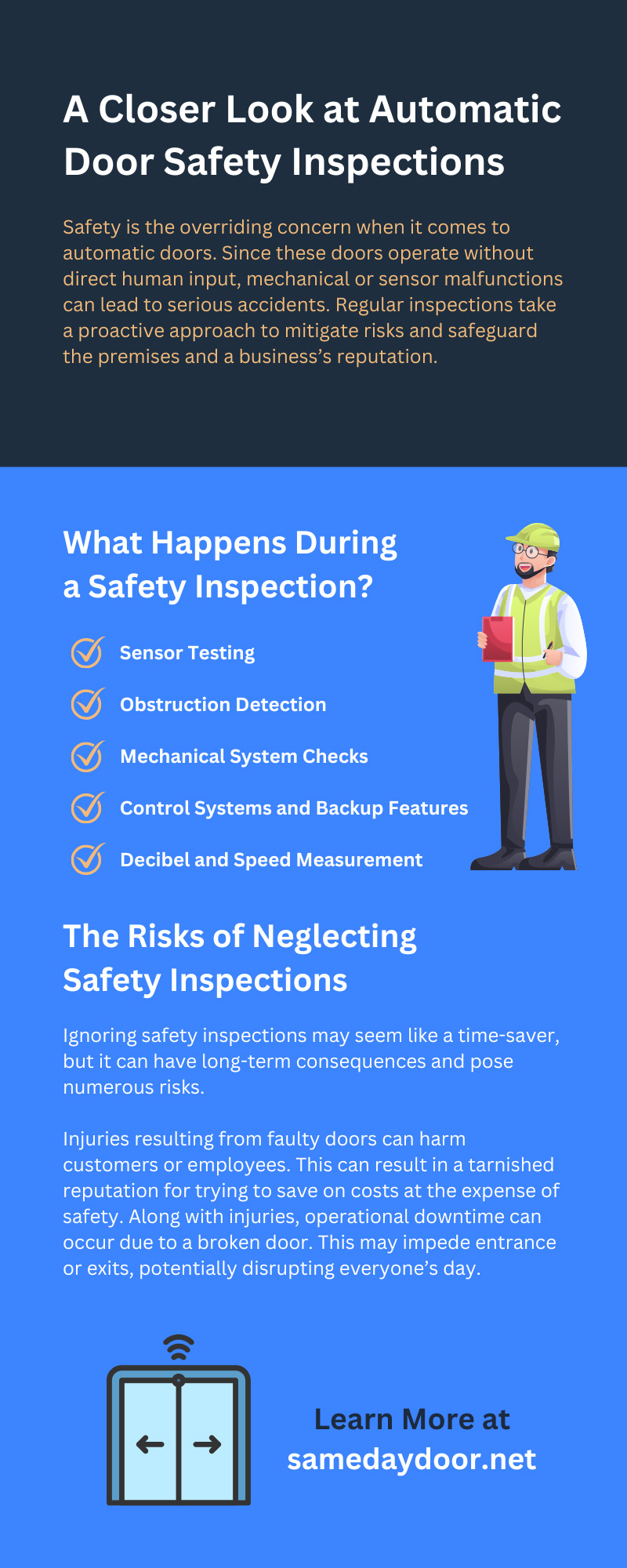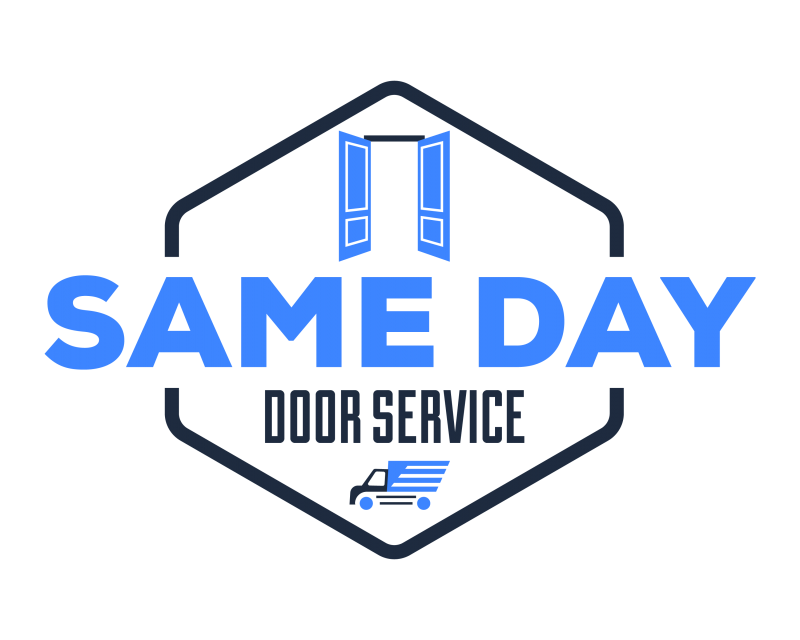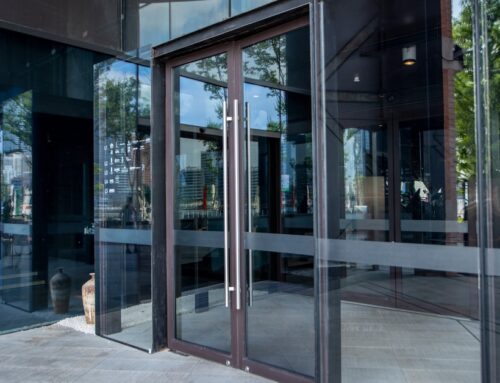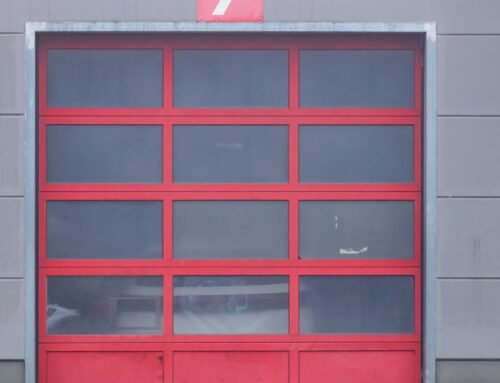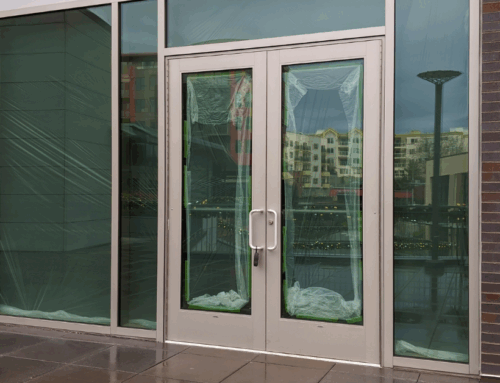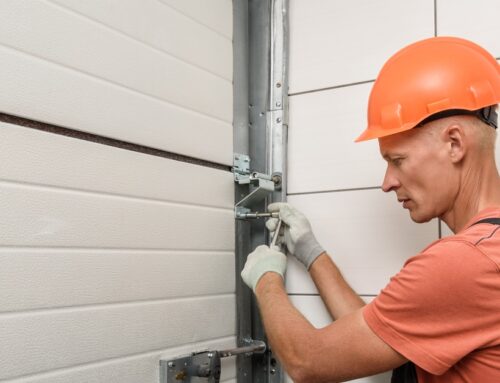Automatic doors are a staple in many businesses, from busy storefronts to small family-owned shops. They offer convenience and improve accessibility for visitors while maintaining a smooth flow of foot traffic moving in and out. While these silent workers make our daily lives easier, they require proper maintenance to continue performing optimally.
For spaces where accessibility and safety are nonnegotiable, regular safety inspections of automatic doors aren’t just recommended—they’re essential. Take a closer look at automatic door safety inspections to understand what you need to maintain them and ensure their reliability.
Why Automatic Door Safety Inspections Matter
Safety is the overriding concern when it comes to automatic doors. Since these doors operate without direct human input, mechanical or sensor malfunctions can lead to serious accidents. Regular inspections take a proactive approach to mitigate risks and safeguard the premises and a business’s reputation.
Regulations also dictate the installation and maintenance of automatic doors. Most countries and regions have standards and laws relating to automatic doors, so compliance with your area’s regulations is a necessity.
If an automatic door malfunctions and causes injury, businesses can face lawsuits and compensation claims due to negligence. Safety inspections serve as a record of due diligence, demonstrating that you’ve taken all reasonable steps to maintain a safe environment and prevent injuries to patrons.
Safety isn’t the only benefit to automatic door inspections; it also extends the lifespan of the door and prevents equipment accidents. Inspections allow technicians to identify small issues before they escalate into significant problems. Repairs can strengthen the door’s system while minimizing long-term costs and disruptions due to technical failures.
What Happens During a Safety Inspection?
Businesses conduct inspections on different parts of automatic doors to ensure that everything is functioning properly. These inspections focus on specific details, prioritizing the safety of everyone who relies on the system daily.
Sensor Testing
Sensors play an important role in the function of automatic doors, ensuring they operate smoothly and safely. Inspectors check whether door sensors are accurately detecting movement. If an inspector misses sensor issues, then the doors may fail to open on time or close too soon, creating hazards.
When sensors are properly aligned, they provide a safe and seamless experience for people entering or exiting the space. Their reliability is essential for maintaining accessibility and preventing accidents, underscoring their importance in everyday applications.
Obstruction Detection
Modern automatic doors detect obstacles and stop operation immediately to prevent injuries. Features like this protect people from being hurt by the door when it closes. Safety inspections test this feature to ensure the doors respond appropriately in various scenarios, protecting people as they move through.
Mechanical System Checks
An inspection covers the mechanical components, such as door tracks, rollers, and openers. Inspectors check for wear and tear, proper lubrication, and potential misalignment.
If these pieces require repair, technicians take note of them and order the necessary replacement parts. Identifying wear and making repairs can help businesses avoid unexpected failures in the future.
Control Systems and Backup Features
Control systems and backup features in automatic doors ensure seamless and reliable operation, even in unexpected situations. During the inspection, inspectors test the door’s backup systems, such as manual override functions and battery backups. These are critical in case of power outages or emergencies.
Decibel and Speed Measurement
To comply with regulations, inspectors assess the sound level and operational speed of the doors. If there is excessive noise or sluggish performance, it may indicate technical issues that require immediate attention and repair.
The Risks of Neglecting Safety Inspections
Ignoring safety inspections may seem like a time-saver, but it can have long-term consequences and pose numerous risks.
Injuries resulting from faulty doors can harm customers or employees. This can result in a tarnished reputation for trying to save on costs at the expense of safety. Along with injuries, operational downtime can occur due to a broken door. This may impede entrance or exits, potentially disrupting everyone’s day.
The consequences of neglecting safety inspections can be costly. Small mechanical issues can become expensive repairs when left unchecked. In addition to costly repairs, you may incur legal fees if you fail to comply with safety standards.
How Often Should Inspections Be Conducted?
Regulation varies depending on location, but a good rule of thumb is to schedule safety inspections at least twice a year. Businesses in high-traffic environments, such as retail stores or airports, may require more frequent checks due to the wear and tear on automatic door systems.
How To Choose the Right Inspection Service
Certified technicians ensure that everyone follows professional standards during inspections. Experts can also assist with selecting maintenance packages tailored to your business type, door usage, and operational needs.
The inspection service may also offer emergency support. If needed, it can provide reliable assistance in the event of an unexpected issue.
Seek reviews from other customers, or request case studies to determine whether the provider has a proven track record of reliability and trustworthiness. Reviews are a great way to gauge customer satisfaction with the service and determine whether it meets your needs.
Building a Culture of Safety
Maintaining automatic doors isn’t just about compliance or equipment longevity; it’s also about ensuring the safety of your building’s occupants. It reflects your commitment to creating a welcoming, considerate, and safe environment for both employees and visitors.
You can enhance safety in your business by training staff members to recognize early malfunctions and encourage reporting issues promptly. Even small signs, such as unusual noises and irregular door movements, can indicate larger problems and safety hazards.
Take Proactive Steps Today
Automatic doors represent an investment in your business’s accessibility and customer convenience. To keep that investment secure and maintain safety, regular automatic door safety inspections are nonnegotiable.
By partnering with a certified inspection service and integrating preventive maintenance into your operations, you can ensure optimal performance, legal compliance, and customer trust. Same Day Door Service has everything you need for your automatic door. As a leading commercial automatic door service, we offer routine safety inspections and daily maintenance services to ensure your automatic door operates smoothly and efficiently.
